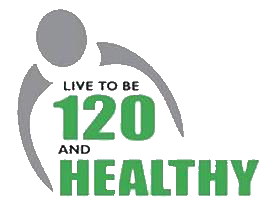In deciding to allow the use of the oil and similar additives, USDA officials, at least initially, misread federal regulations. In 2012, five years after the algal oil was introduced into milk, it quietly acknowledged that some federal regulations had been ‘incorrectly interpreted.’ The USDA then maintained the status quo — allowing the use of algal oil, among other things — in order not to ‘disrupt’ the market.”
“A closer look at how the oil winds up in #organic milk offers insight into how the [USDA] determines what foods may be sold with its coveted ‘USDA Organic’ seal … At least in part, it’s a lobbying tug-of-war: On one side, many companies, seeking to maximize sales, push the USDA for an expansive definition of ‘organic.’ On the other, consumer groups advocate for a narrower, ‘purer,’ definition.
‘We do not think that [the oil] belongs in organic foods,’ said Charlotte Vallaeys, a senior policy analyst, at Consumer Reports. ‘When an organic milk carton says it has higher levels of beneficial nutrients, like omega-3 fats, consumers want that to be the result of good farming practices … not from additives made in a factory.'”
This omission avoids any ick reaction from shoppers, but consumer advocates say it also dodges a key question: Is milk supplemented with an oil brewed in a factory really ‘organic?’
“‘DHA Omega-3 Supports Brain Health,’ according to the Horizon cartons sold in supermarkets around the United States. What the Horizon milk carton doesn’t advertise is that some of its contents were brewed in closed stainless steel vats of Schizochytrium.



